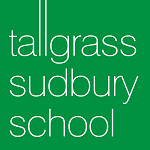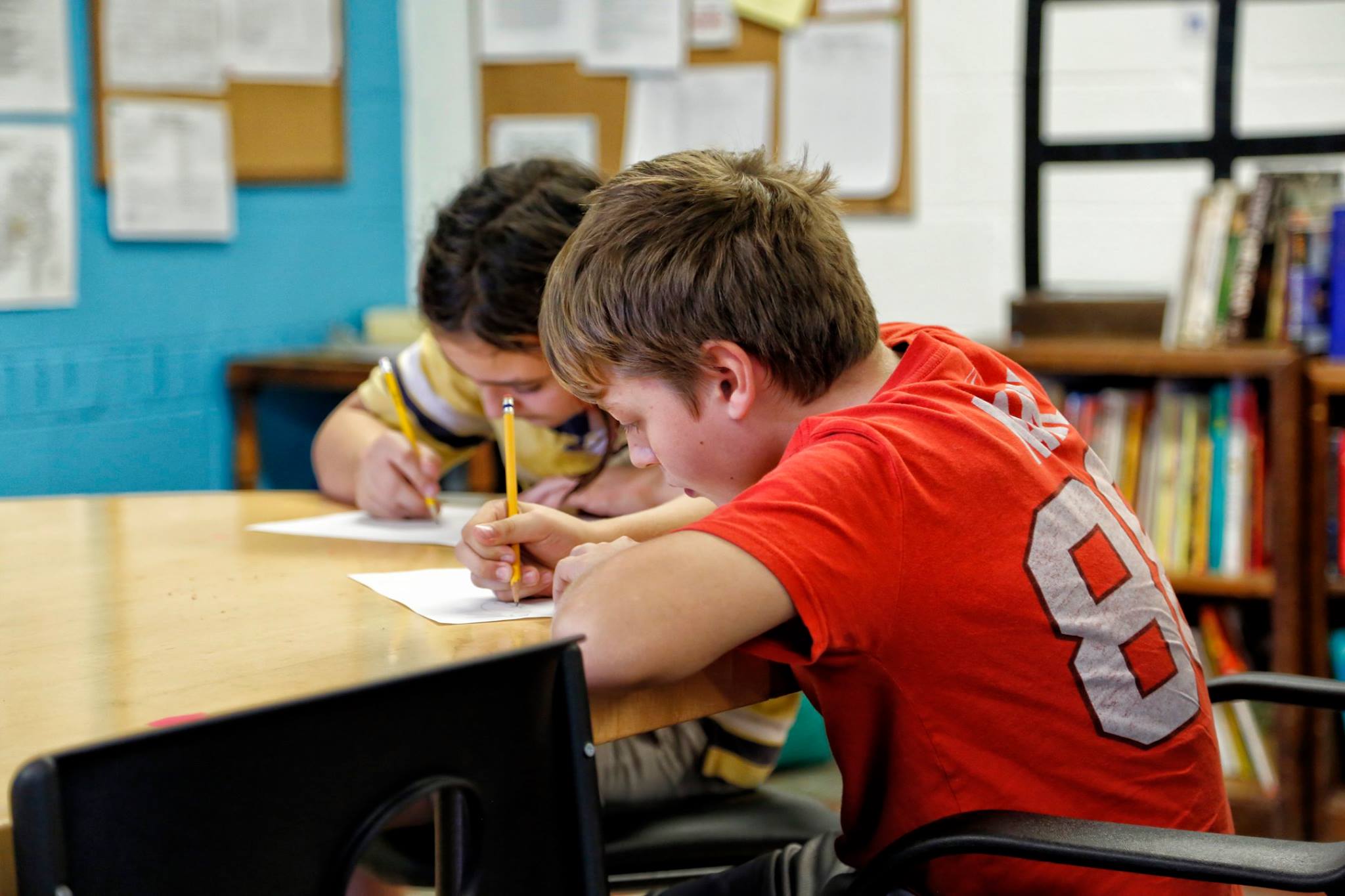At Tallgrass, we make decisions as a community. Each student and staff member has the right to participate in all school decisions.
The School Meeting
Day-to-day operations at Tallgrass are handled by the School Meeting, which is a weekly non-mandatory meeting where each student and staff member has one vote. Anyone in the school community can make a motion or put a topic on the agenda for discussion. Typical matters handled by School Meeting include changes to school rules, motions to make purchases, and field trips.
The Restoration Committee
The rules created by School Meeting are enforced by the Restoration Committee (RC). The RC is comprised of several students of different age groups and one staff member. School Meeting members can write complaints when they believe a rule has been broken, or when they need help resolving a conflict. RC meets daily to investigate the complaints, gather testimony from witnesses, and determine whether a rule was indeed broken. If it finds that a rule has been broken, it determines the consequences (sentence). It may also recommend a mediation. Our approach has much in common with restorative justice models.
The Assembly
Parents, students, staff, and approved outside members make up the Assembly. The Assembly meets periodically to discuss broad issues, such as budget approval, giving the school general advice, setting tuition and fees, and awarding diplomas.
Clerkships
School Meeting members are eligible to run for clerkships—leadership positions that take responsibility for certain aspects of the school’s management. Clerkships include School Meeting Chair, School Meeting Secretary, RC Clerks, Cleaning Clerk, and Elections Clerk. Clerkships help keep our school running, and also give students a chance to experience real leadership with real responsibility. This podcast episode from Alpine Valley School offers a great overview of how clerks (and staff) are elected.
The Law Book
All students and staff are expected to abide by the school rules, which are written down in our law book. If anyone feels like rule has been broken they can write a complaint, often referred to as "writing someone up." Yes, that means that students can also write up staff members! The Restoration Committee will then investigate to see what happened.
Committees and Corporations
Committees and corporations make decisions in specific areas and manage school resources. For example, a student who’s interested in art might want to join the Arts and Crafts Corporation, which keep the materials organized, certifies people to use them, and obtains new materials. Other groups include the Building Committee, the Staffing Committee, and many others.
Certifications
Activities that require knowledge of equipment or safety rules require School Meeting members to become certified. They must demonstrate that they are qualified for that level of activity. For example, we have an open campus certification, which allows students to go off-campus when they meet certain qualifications. We also have certifications for using sewing machines, computers, and more expensive or dangerous art supplies, like glue guns.
Diplomas
Diplomas are awarded to students who successfully defend a thesis to the Assembly in which they share how they have prepared themselves to pursue their future plans. In order to obtain a diploma, students must have attended the school for at least two years, and must receive Assembly approval.




